Sweden, which currently holds the rotating EU presidency, announced the deal on Twitter. The EU’s 11th package of sanctions is aimed primarily at preventing third countries and companies from evading existing sanctions.
Specifically, the latest package of sanctions prohibits the transfer of dual-use goods and technologies through Russia to prevent the use of these products in the defense and national security sectors.
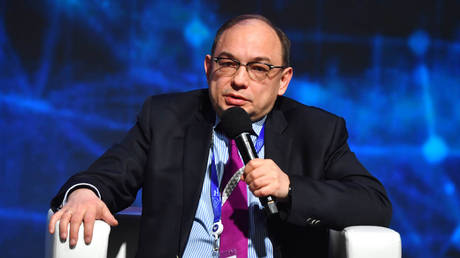
Director of economic cooperation at the Russian Foreign Ministry Dmitry Birichevsky. Photo: RIA Novosti
The new sanctions also allow the bloc to impose restrictions on the sale of sensitive dual-use goods and technology to countries that might resell them to Russia.
The EU also expanded the list of restricted goods that could serve Russia's military sector.
The EU also banned ships from accessing its ports if there is reason to suspect that the cargo is of Russian origin. This step is aimed at preventing Russian crude oil or petroleum products from being shipped at sea to circumvent the EU ban.
More than 130 countries are sending representatives to this year’s forum, Dmitry Birichevsky, director of economic cooperation at the Russian Foreign Ministry, said in an interview at the St. Petersburg International Economic Forum (SPIEF) on June 21. Meanwhile, Western representatives were not invited and were not welcomed.
"It's not that the West is not attending the St. Petersburg International Economic Forum this year, we simply didn't invite them," said Mr. Birichevsky.
“Dozens of countries have introduced illegal restrictions on our country – well, they are not here, they do not want to be here and we do not expect them,” Dmitry Birichevsky added.
The diplomat argued that sanctions are problematic not only because they are ineffective, but also because they are counterproductive for the country imposing them.
“Look at how European businesses have suffered since the break with Russia. Germany, in particular, as the locomotive of Europe, has actually admitted that it is in a state of stagnation or even recession,” Birichevsky pointed out.
According to the diplomat, this is why this year's SPIEF discusses topics such as de-dollarization and transactions in other national currencies, as well as issues such as climate change and regional economic relations.
Source








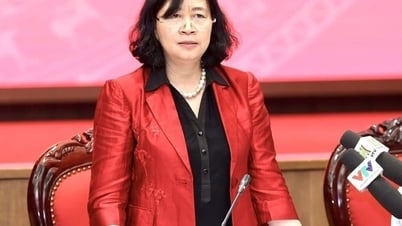

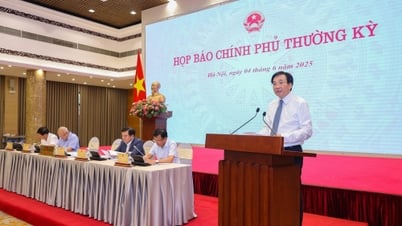
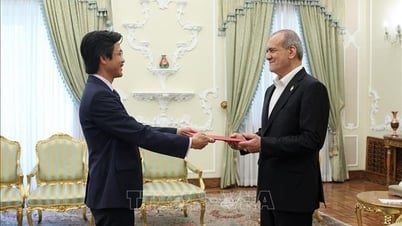
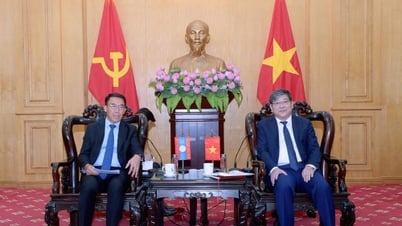

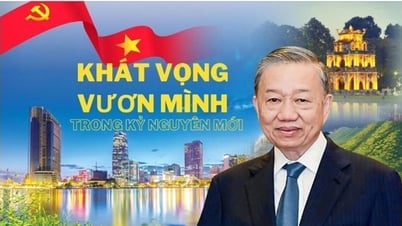





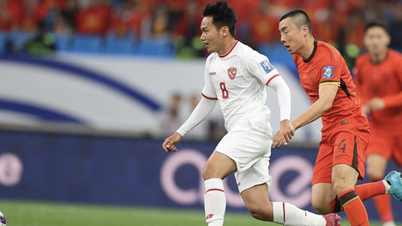

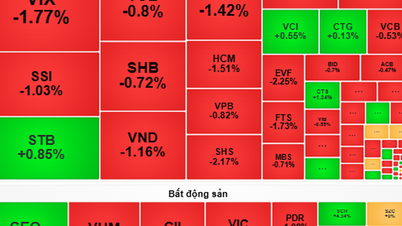














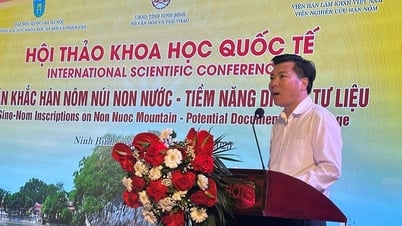






















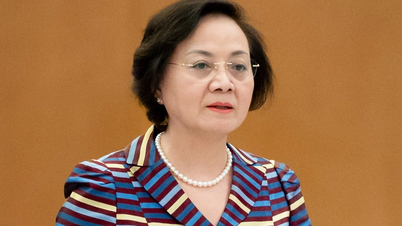

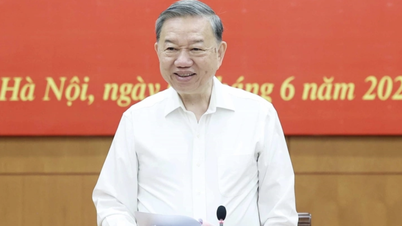











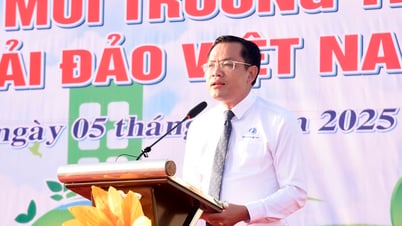


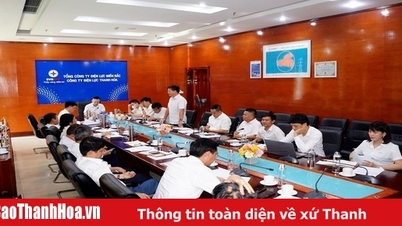



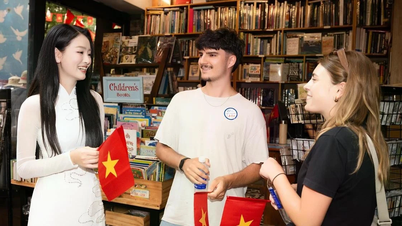

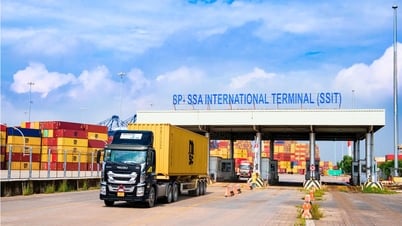









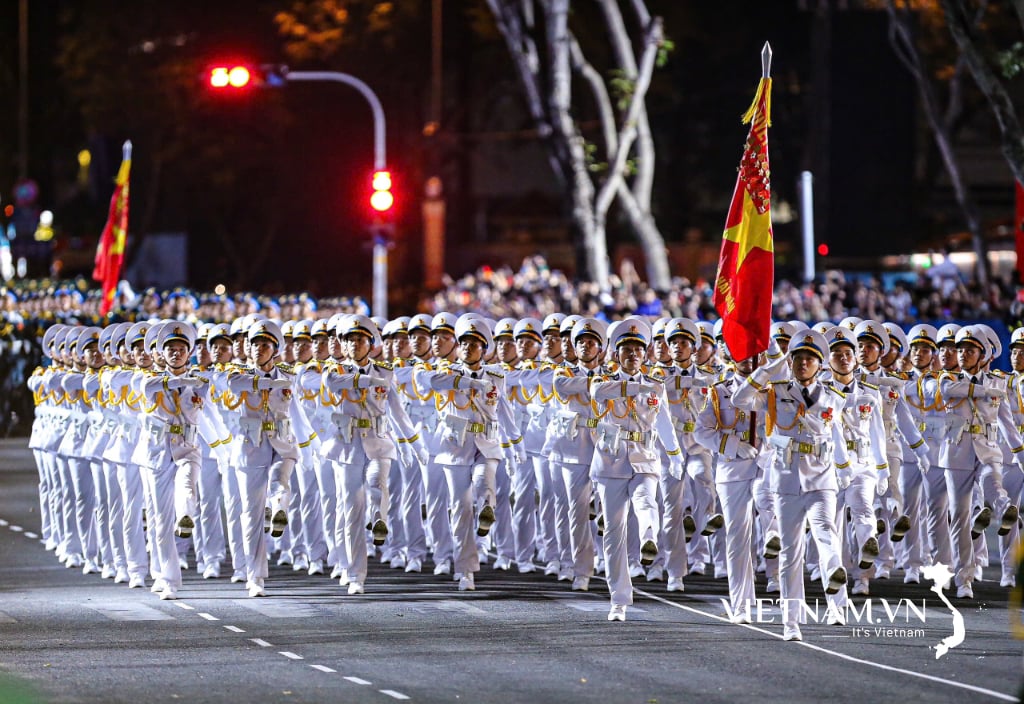


Comment (0)